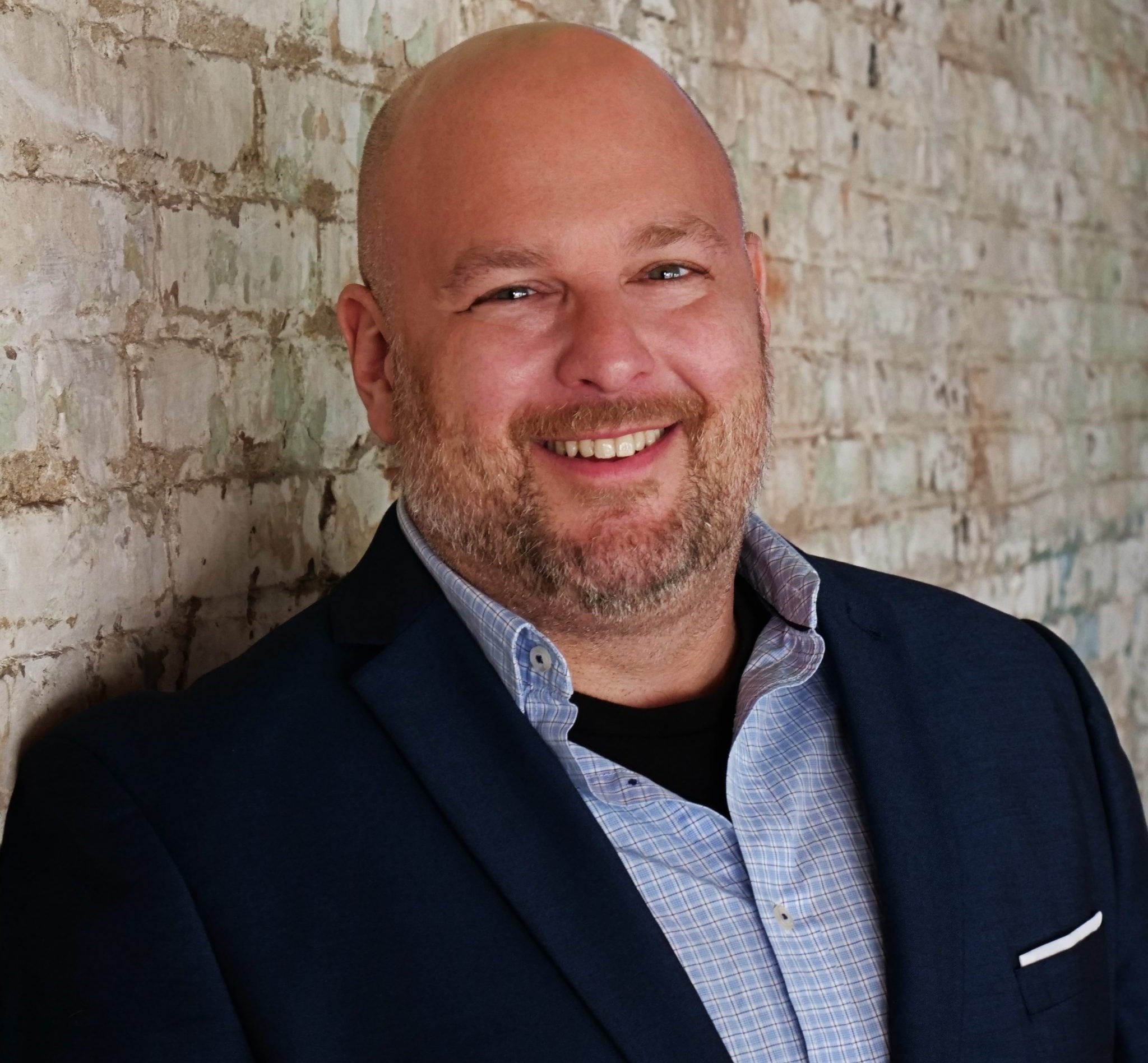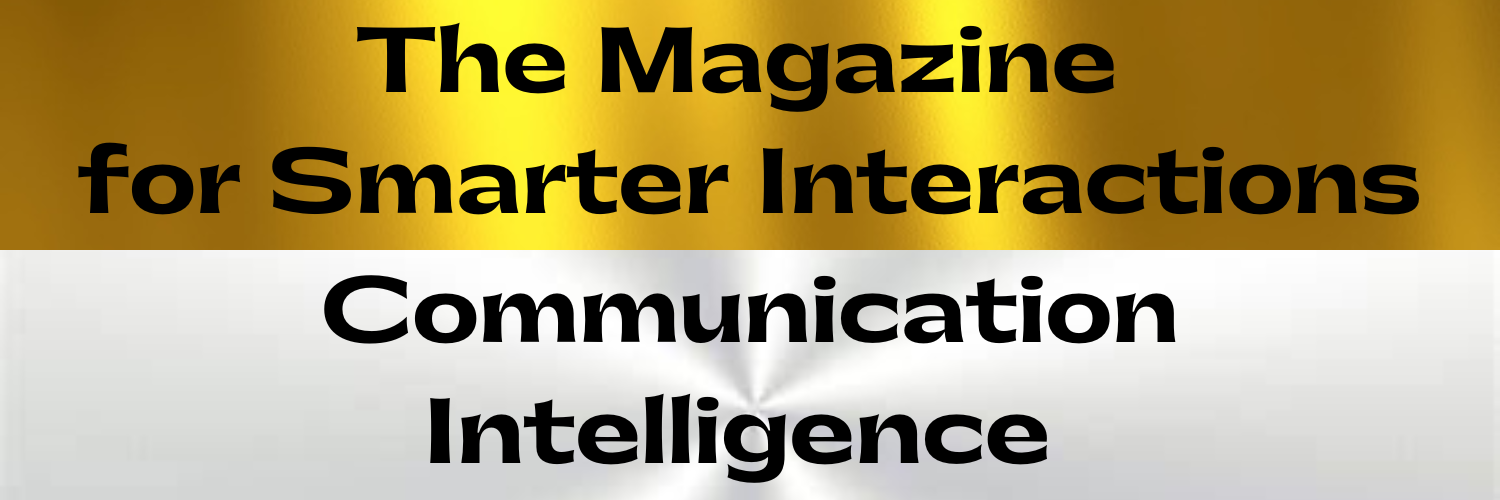How Presenters Better Connect and Persuade
Gabe Zichermann
Successful speakers fully realize the great importance of learning about whom they will be presenting to and then more so, communicating on a deeper level to raise the probability of connecting with them.
Gabe Zichermann is the author of new book The A-ha! Method: Communicating Powerfully in a Time of Distraction and in this Communication Intelligence conversation and feature he illuminates precisely what is is important to know and do to impress when presenting.
“The core purpose of all communication is persuasion,” Zichermann says. “Even when we’re not engaging in an explicitly sales-y talk, we’re always trying to engage others for the purpose of creating connection while changing hearts and minds.”
That’s why is imperative, he contends, to first deeply understand to whom you’re communicating and what is most probably of value to them.
“In order to do this, it’s important to find the intersection of what the audience needs and wants and what you are uniquely able to tell them,” Zichermann says.
Could the normal assumption, mindset and focus when doing public speaking, while valuable and necessary, be less a priority than what is most needed? Zichermann suggest that is surely the case.
“Because most speakers are so afraid of speaking, traditional speaker training has focused on just getting them to express themselves clearly,” he says. “But the purpose of most speeches, pitches and meetings isn’t about the speaker getting a participation trophy for their effort, it’s about the audience’s takeaways.”
Accomplishment, Zichermann says, is dependent on a certain, vital task.
“To truly succeed here, you need to find the intersection of these needs and deliver on them effectively.”
Getting — and sustaining — attention and ideally, undivided attention can be a monumental task. There is something that can aid in that pursuit and accomplishment.
“Your audience is distracted,” Zichermann says point blank. “They may be hungry, tired, having trouble at work or home or preoccupied with a major life event. Even if none of those conditions apply, they are bombarded by hundreds of interruptions each day from their smartphone, constantly demanding their attention.”
“However, they are there to listen to you. They want you to be more engaging and interesting than what’s on their smartphone.”
There is a tested, provable, smart approach to help a presenter consistently satisfy the above-mentioned responsibility with an audience.
“Instead of working to earn their respect and admiration, you should use this time to deliver on what they already think is true: that you are a ‘blank’ ____________ with an exceptional grasp of ‘blank’ __________ who can really teach them a thing or two,” Zichermann proposes. “Fill in the blanks and embody that character.”
If more is needed to cut through the noise in people’s minds to achieve goals of inspiring thinking along the lines of the presented message, again, focus on the audience’s needs and ‘wants’ and what they could or will find beneficial.
“You will need to really give them what they need, when they need it, in the way they will most be able to hear,” Zichermann advises.
He shares a little of what is in his book:
“Four core techniques from the A-Ha! Method that work for almost all communications are:
Start strong. Don’t waste time on filler or squander your audience’s interest when it’s strongest in the first 10 seconds.
Focus on 2-3 key takeaways. Ensure your whole talk only has a few major points of interest and ensure they are eminently memorable.
Leave space. Give the audience enough time to process your wisdom and don’t pepper them with knowledge.
Don’t try to be an actor if you’re not professionally trained. There’s no need to learn lines, embody alternate characters and deliver humor if it’s not part of your repertoire. Be yourself but the best version you can be.
See it at this link on the Substack platform. Free subscription.



